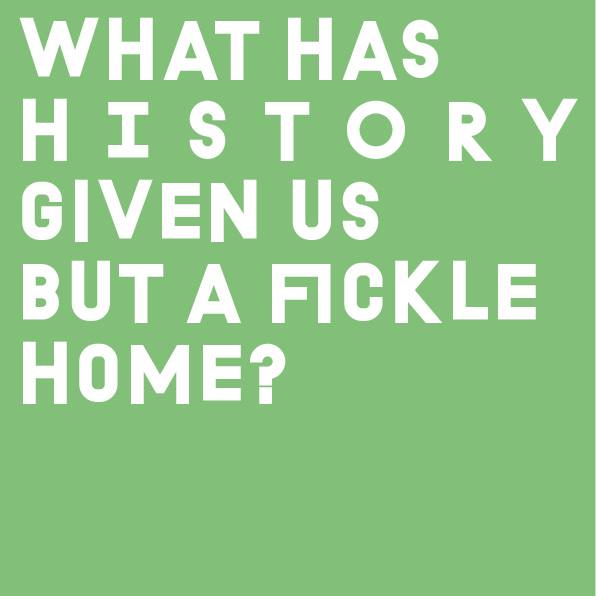Cracking the Surface:
Decanonisation
as Method
NIGHT 1
As part of the Long Night of Ideas, SAVVY Contemporary proposes a series of music, performances, lectures, dances, talks and video-screenings dedicated to an exploration of the idea of “decanonising as method.”
The Long Night of Ideas N°2
Night 1 12.05.2017 18:00–06:00
With Niv Acosta, Marwa Arsanios, Tsong-Zung Chang, Eli Cortiñas, Igor Eskinja, Hu Fang, Tsitsi Jaji, Alanna Lockward, Ana Mendes, Julia Morandeira, Ladan Osman, Shailja Patel, Ahmed Soura, The SWAG, Joanna Warsza
Concept Bonaventure Soh Bejeng Ndikung
published in Mousse Magazine 58, April–May 2017
Schedule
| Upstairs Kuppelhalle | |
| 18:00 | Introduction SAVVY Contemporary |
| 18:15 | Intermezzo The SWAG |
| 18:40 | Dance Ahmed Soura |
| 19:00 | POetry Tsitsi Jaji |
| 19:30 | Talk Tsong-Zung Chang |
| 19:55 | Intermezzo The SWAG |
| 20:15 | POETRY Ladan Osman |
| 20:35 | Talk Marwa Arsanios |
| 21:00 | Dinner Break Guided Tour through our current exhibtion with curator Joanna Warsza |
| 21:40 | Dance Niv Acosta |
| 22:45 | Talk Hu Fang |
| 23:15 | Talk Julia Morandeira |
| 23:45 | Intermezzo The SWAG |
Downstairs SAVVY Contemporary | |
| 18:00 | Durational Performance Ana Mendes |
| 19:00 | Film Alanna Lockward Allen Report: Retracing Transnational African Methodism, 2016, 76mins, Dominican Republic. Introduction Siddhartha Lokanandi discussion |
| 21:00 | Guided Tour through our current exhibtion with curator Joanna Warsza |
| 21:45 | Film Eli Cortiñas The Most Given of Givens, 2016, 3 channel video, HD/ found footage, 9 min. conversation Eli Cortiñas |
After last year’s challenge of Unlearning the Given, the task that lies ahead of us seems to be Decanonisation – that possibility of unmasking and revealing the inner workings of the canon, whether from the West, East, North or South, as the paradoxes of canon formation and maintenance. Decanonisation should be the possibility of elastifying the canon, by bringing in works from indigenous people, PoC, LGBT, other geographies and not seeing these new additions only through the eyes of those works that already inhabit the canon, but also the possibility of reviewing, rejecting and declassifying some works that were thought to have been canonized. By so doing, one achieves an ultimate flexibility and elasticity of the canon that is akin to a non-canon. Decanonisation should be the dismantling of hierarchical structures that produce canons, and strive at eliminating the emergence of parallel canons. Needless to say, that “the canon” that is synonymous to “the western canon” becomes redundant.
Decanonisation as method must be understood both in the sense of the destabilization of existing canons, and of stunting the growth of new ones. Decanonisation is de-erasure, that is the ability to make re-appear, re-write, re-articulate and re-phrase that which was erased, but not in relation or reaction to an existing canon, but in relation to topics, themes, subjects at stake. Decanonisation is a flux or flexibility of rank and files, a situation in which no one is in there to stay and is at any time interchangeable, depending on the social, political, economic and ethical issues at stake.
Decanonisation as method is choosing embodied practices as mediums and formats of discourse and knowledge, delinking from the conventional referencing phenomena and proposing a more phenomenological approach of dealing with histories, memories, cultures, sciences, religions and knowledges at large. The proposal of decanonisation as method is thus a proposal for what might be a global museum of self-reflexivity, whereby the idea will not be to create another or parallel canons, or place them side by side, or universalise the Western canon, but to decanonise the notion of the canon as a whole.
We would like to use this opportunity to think together how artistic practices can respond to the urgent need for a decanonisation of knowledge and imagine alternative forms of cultural and political praxis.
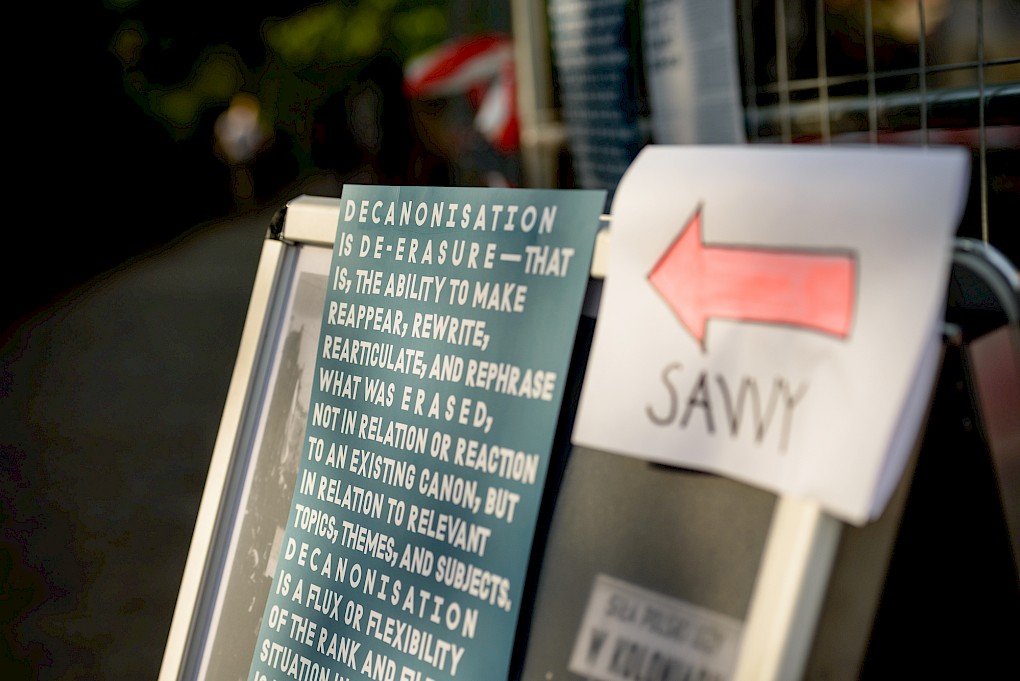
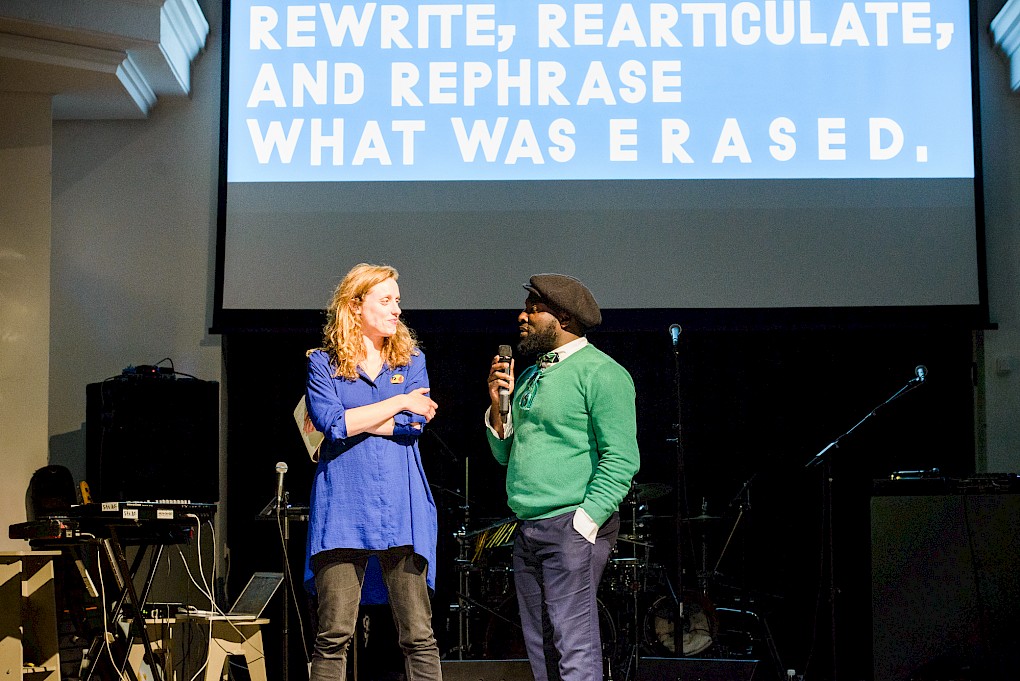
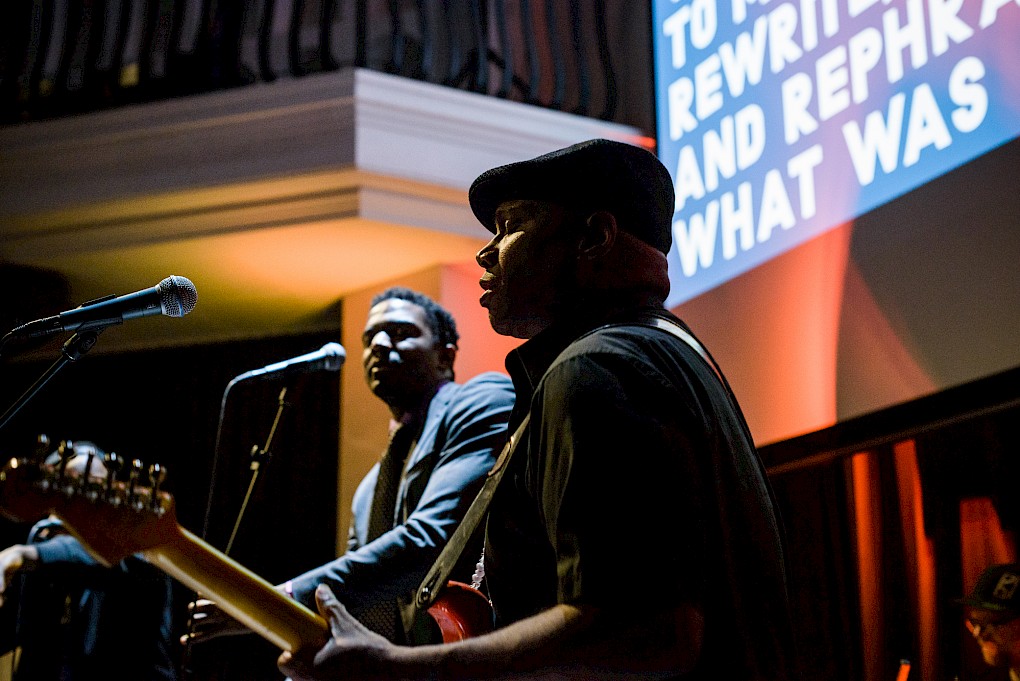
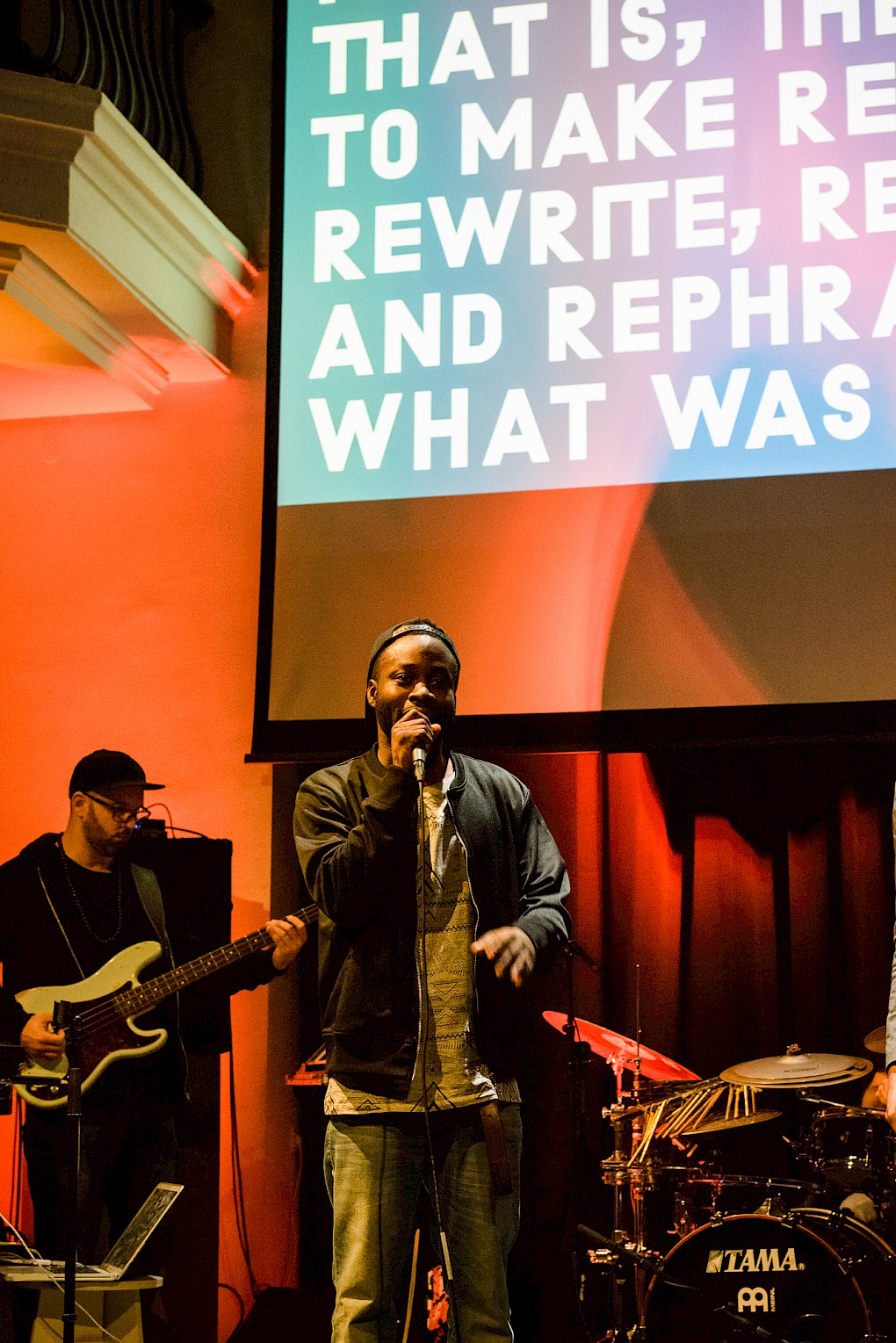
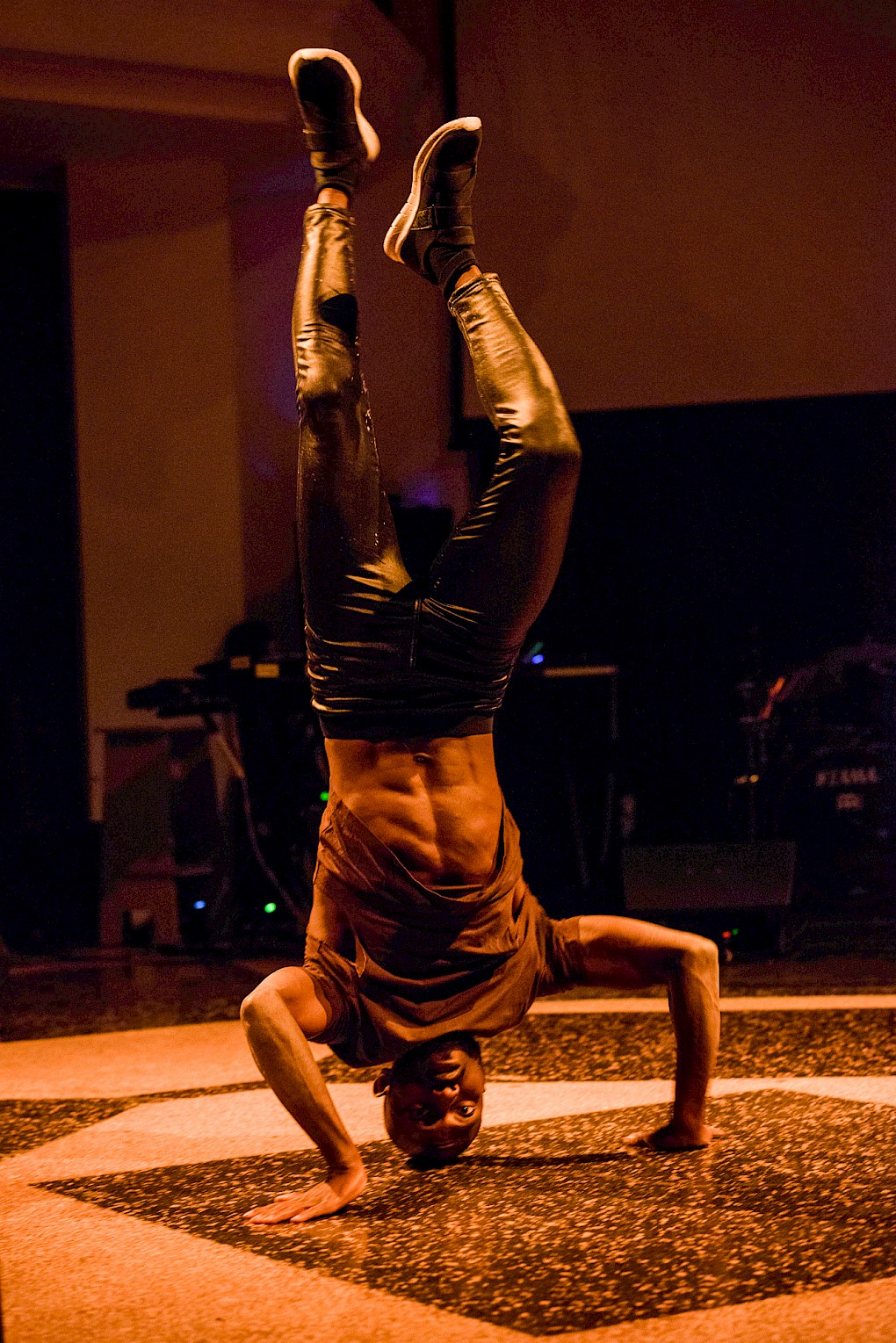
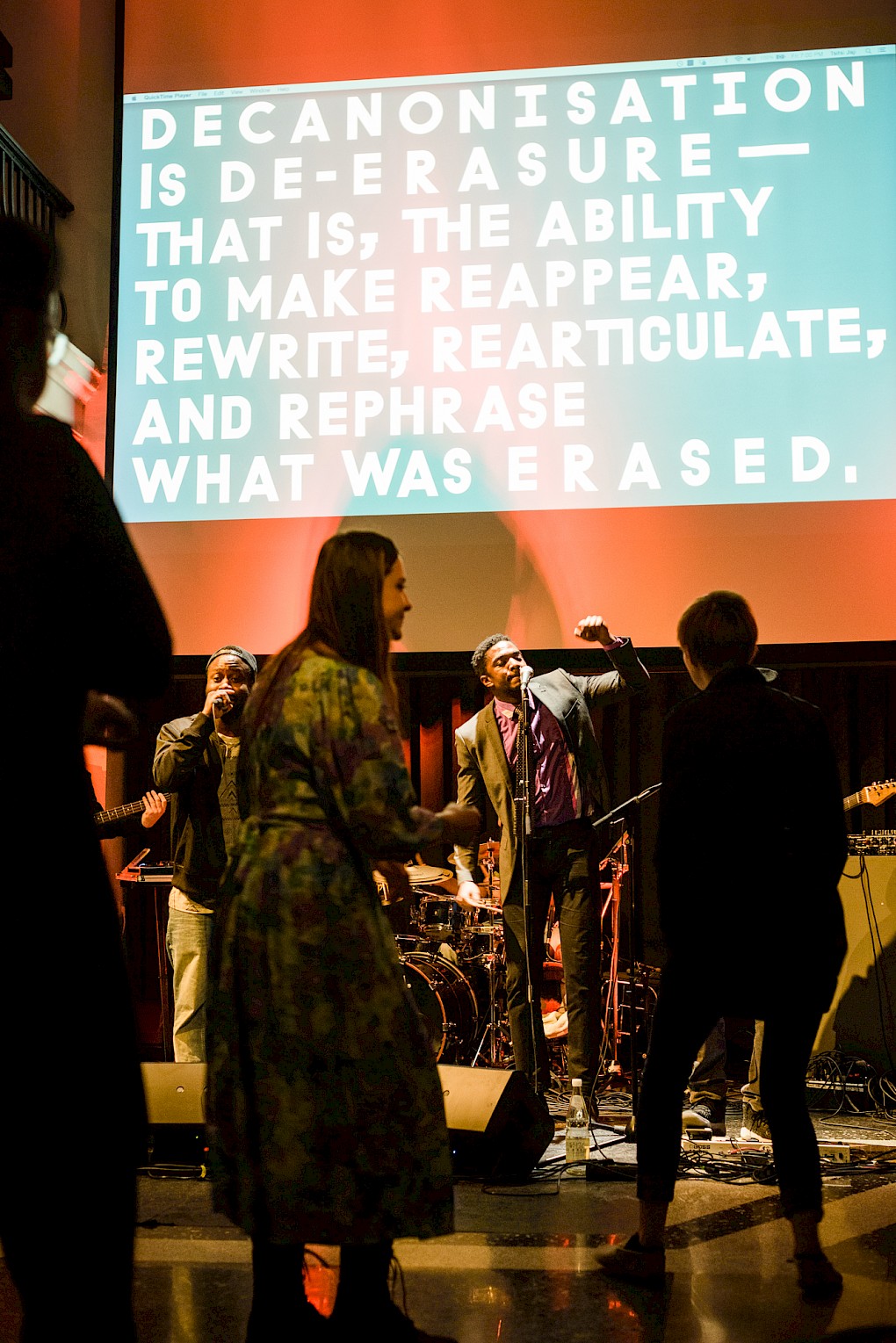
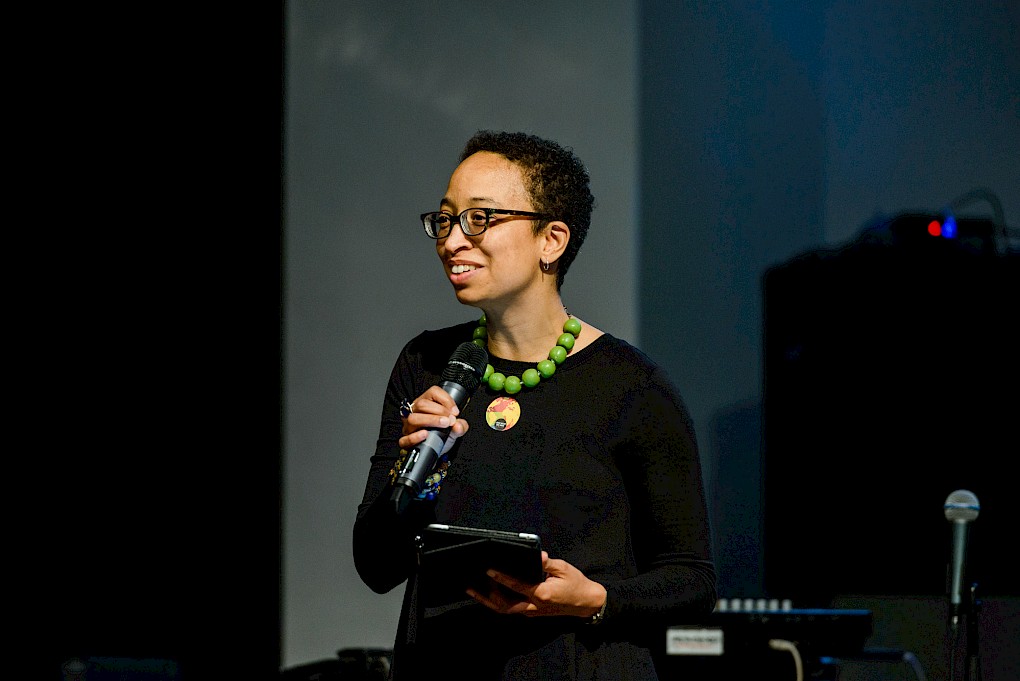
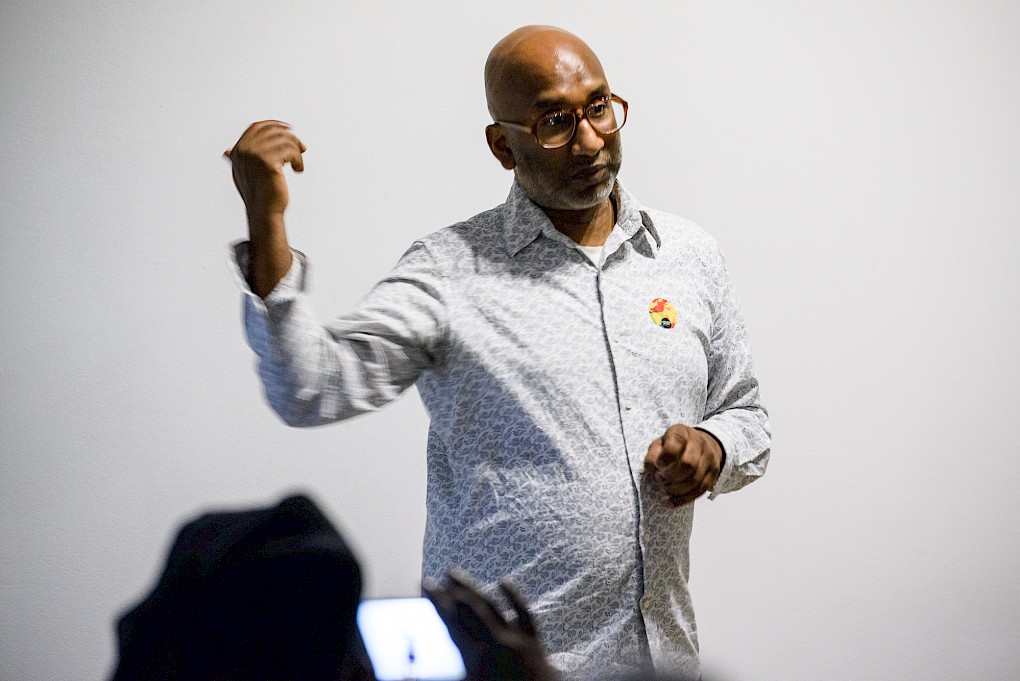
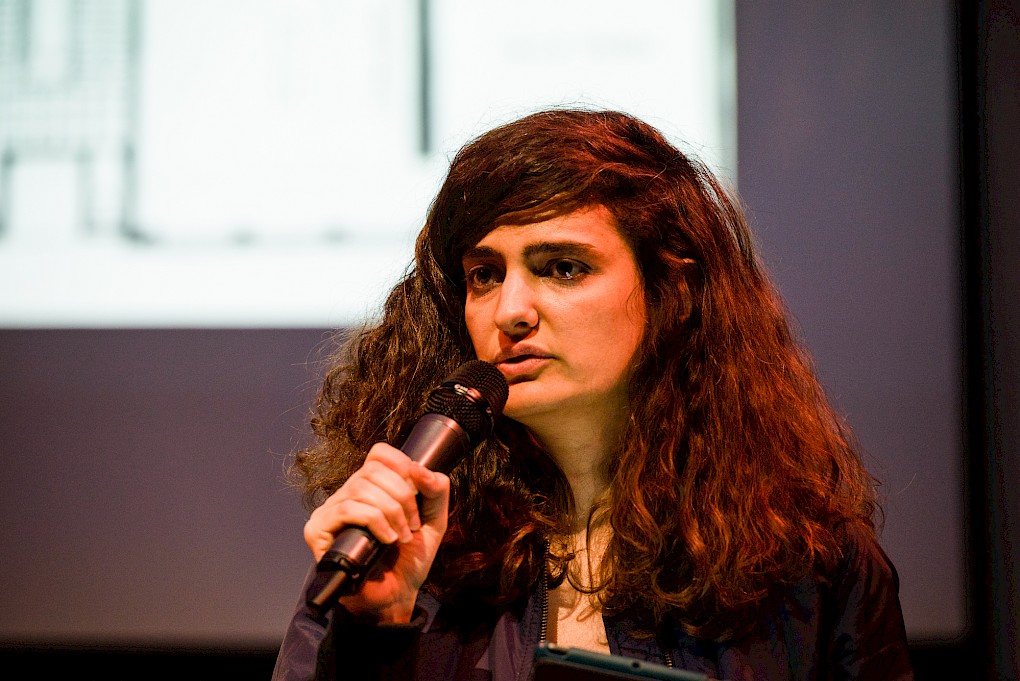
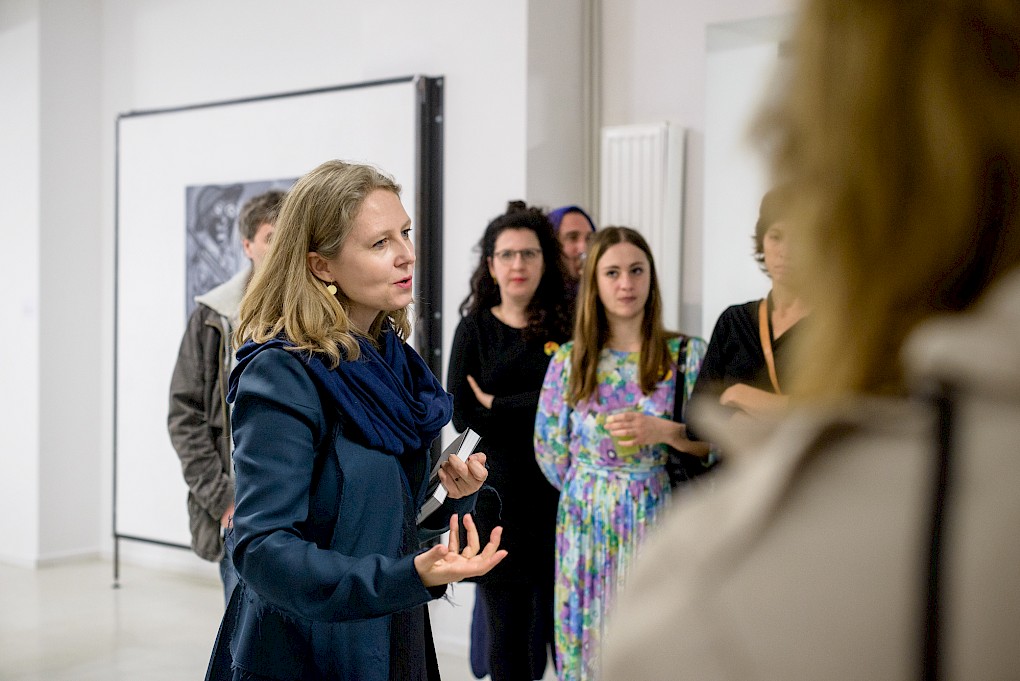
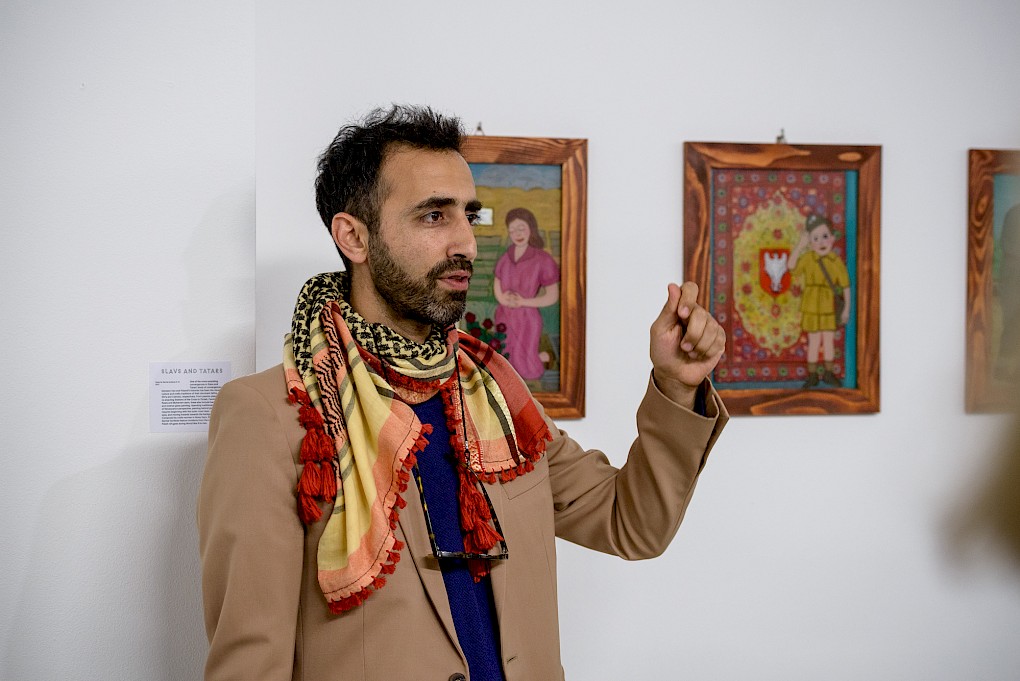
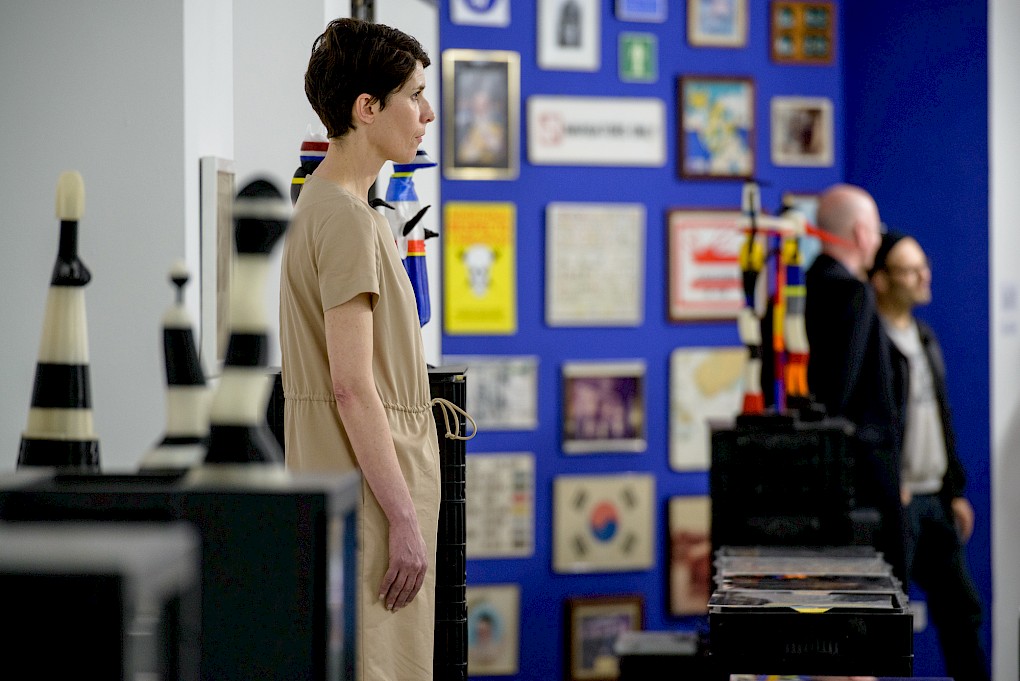
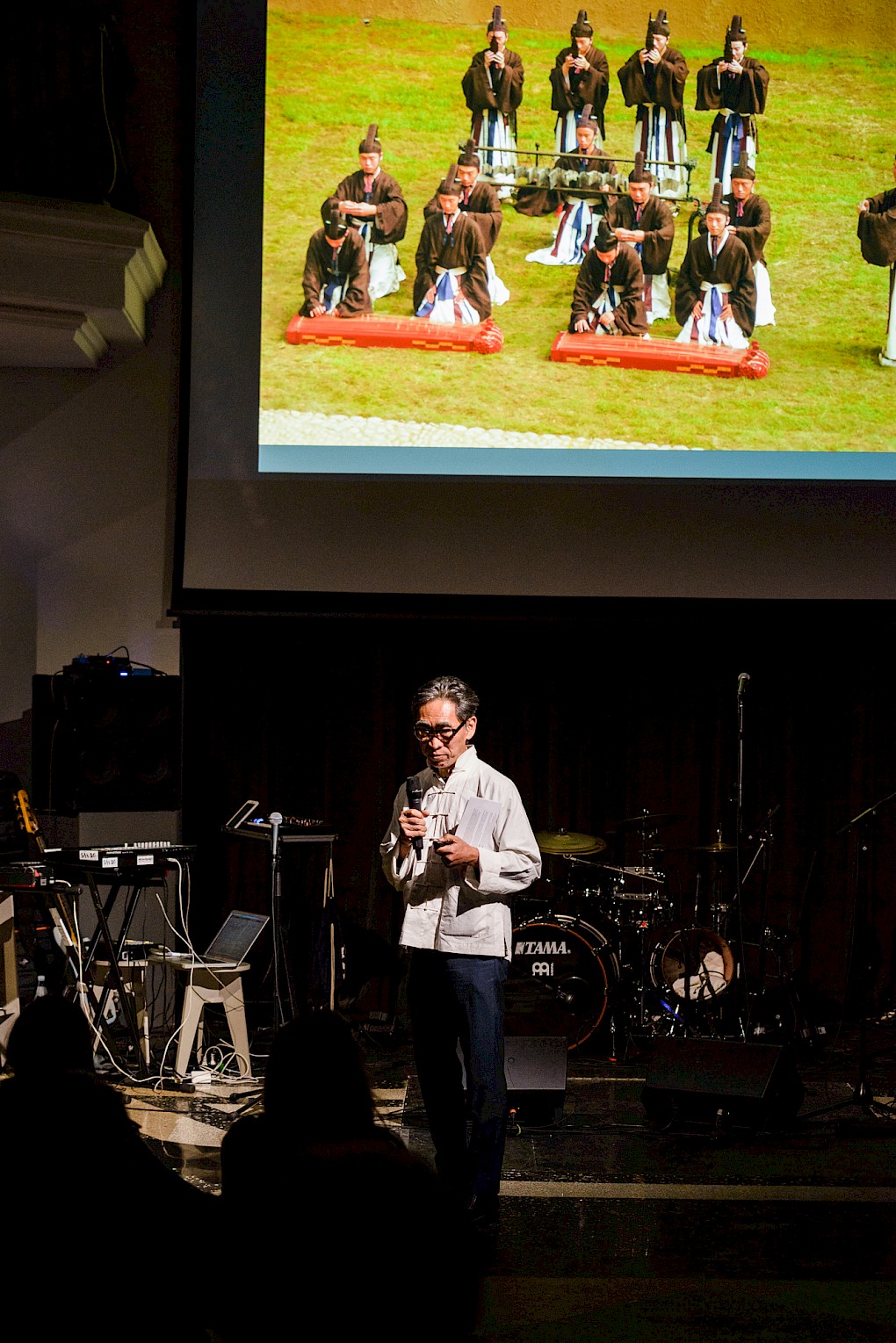
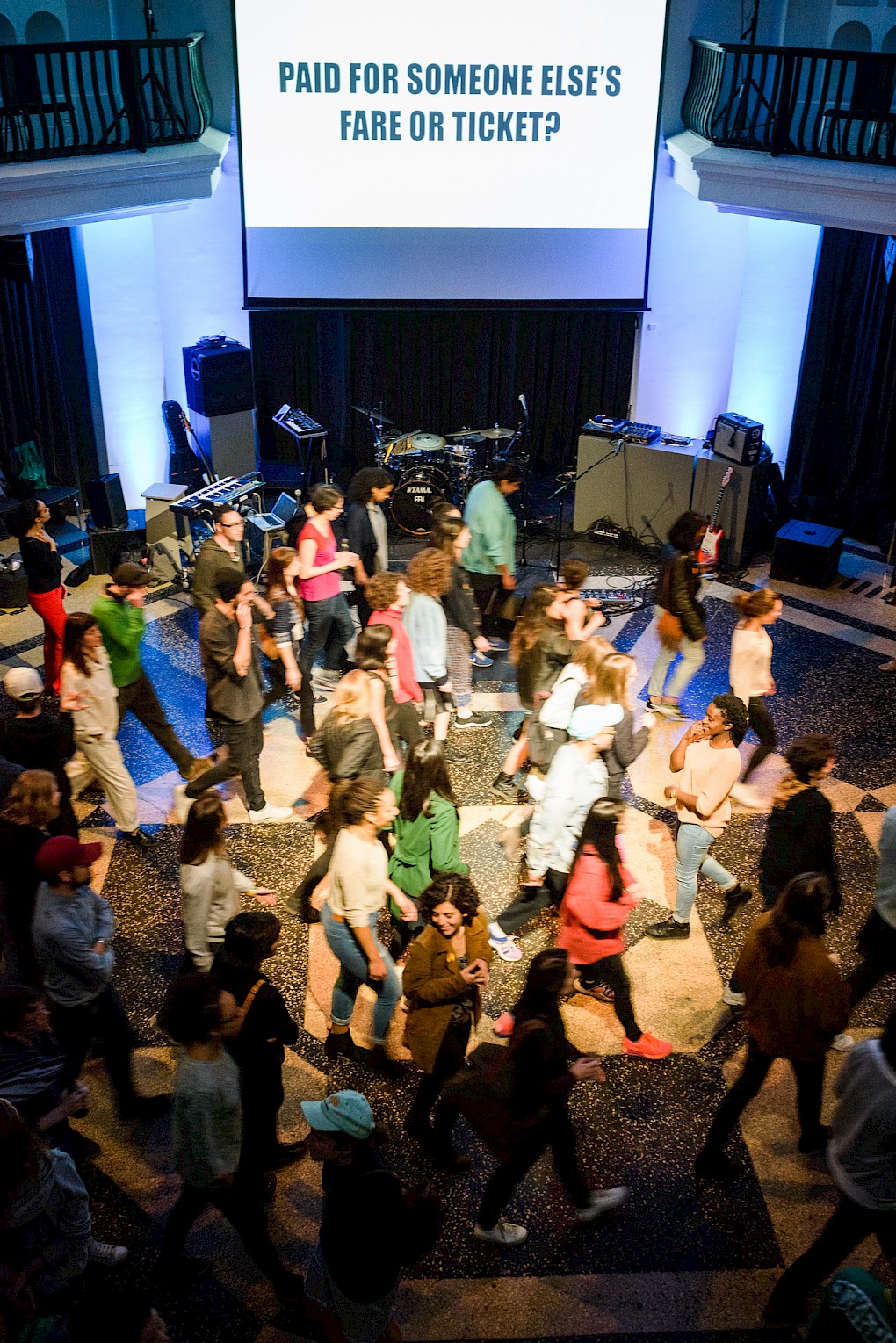
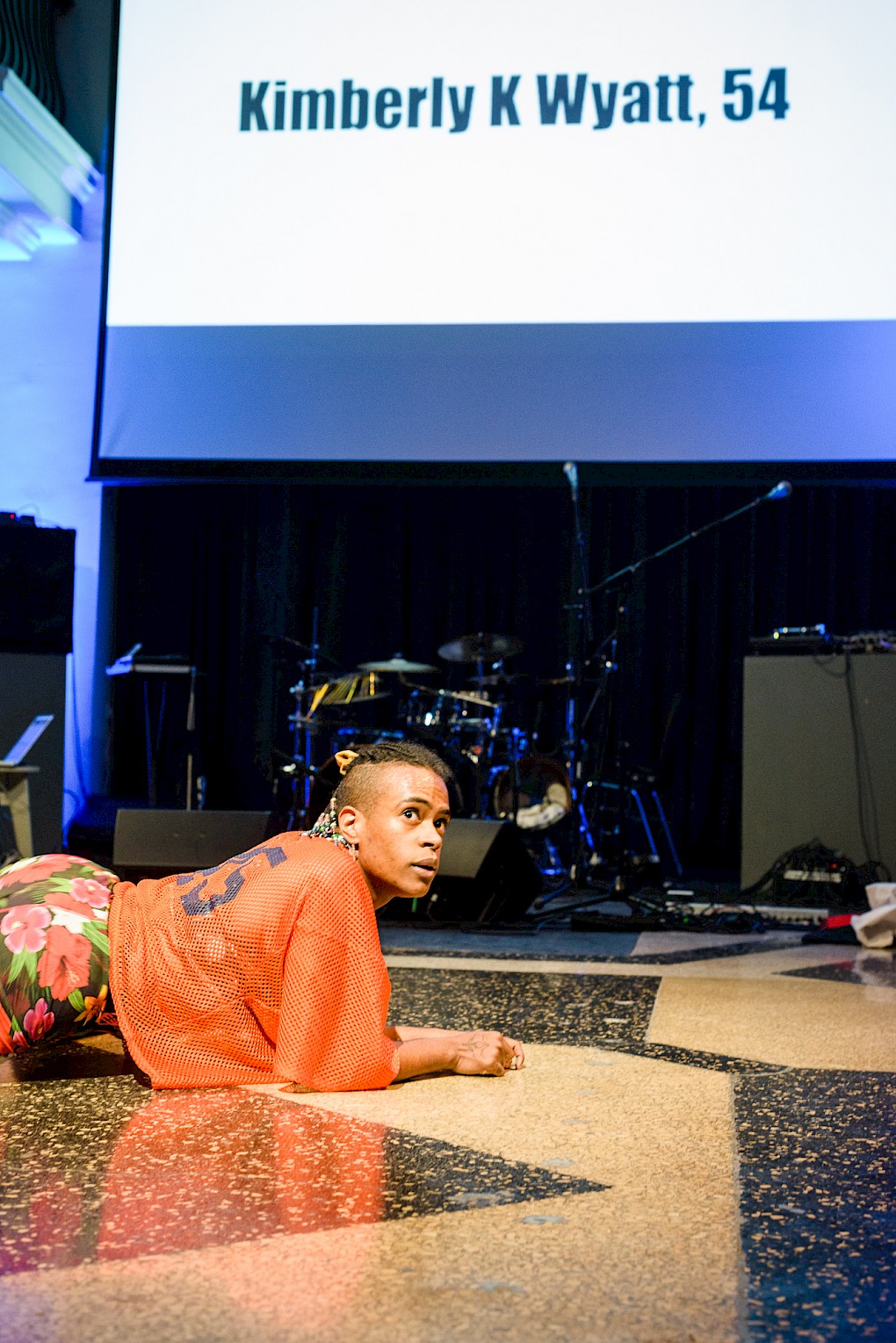
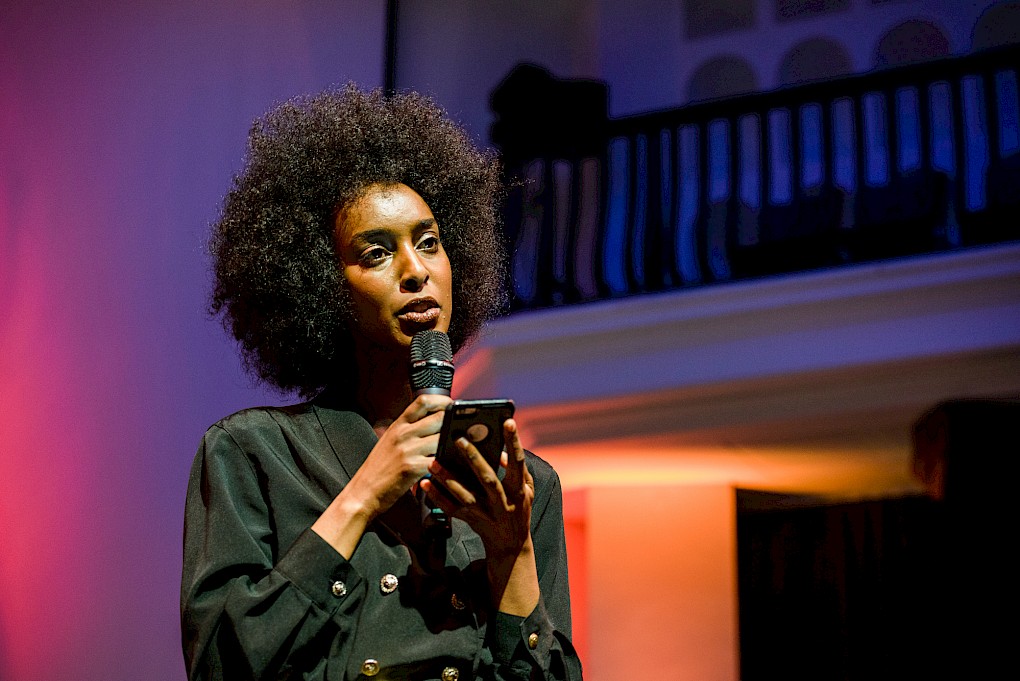
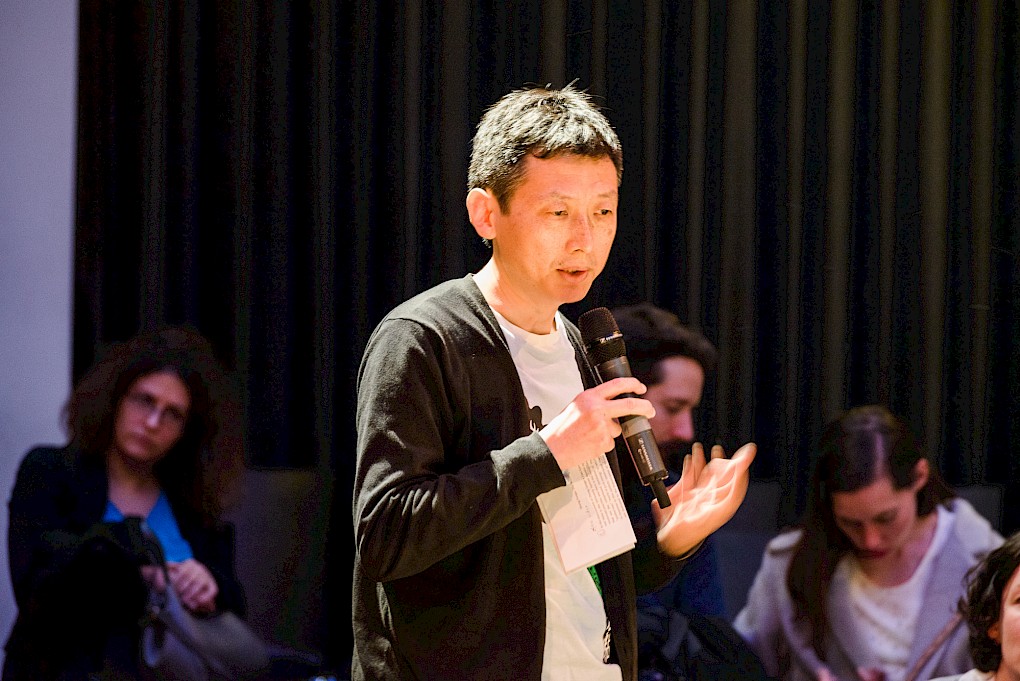
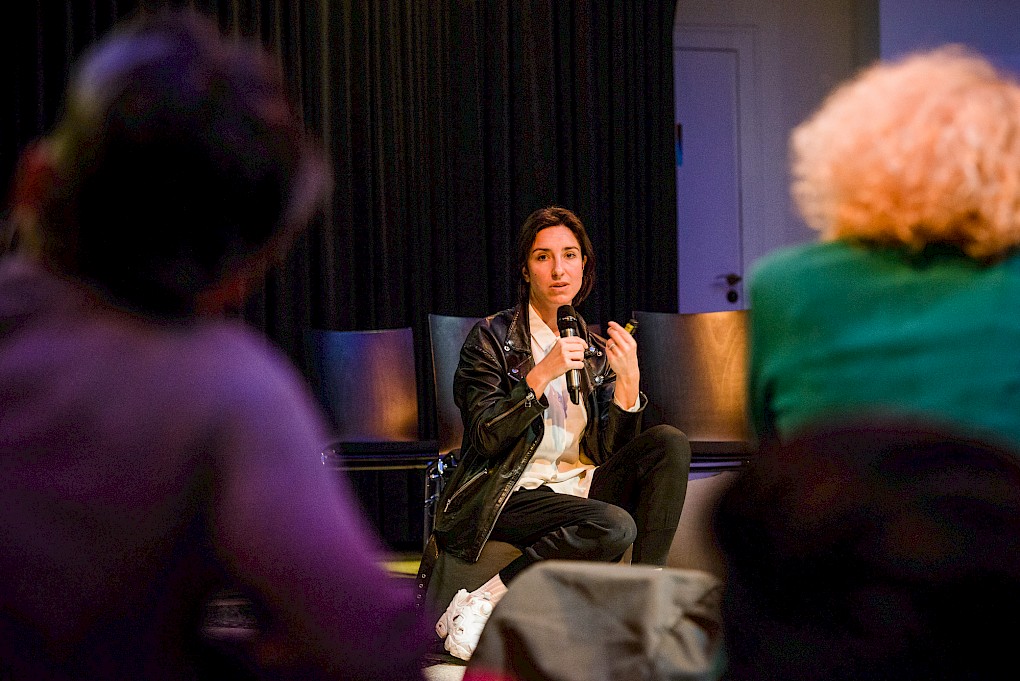
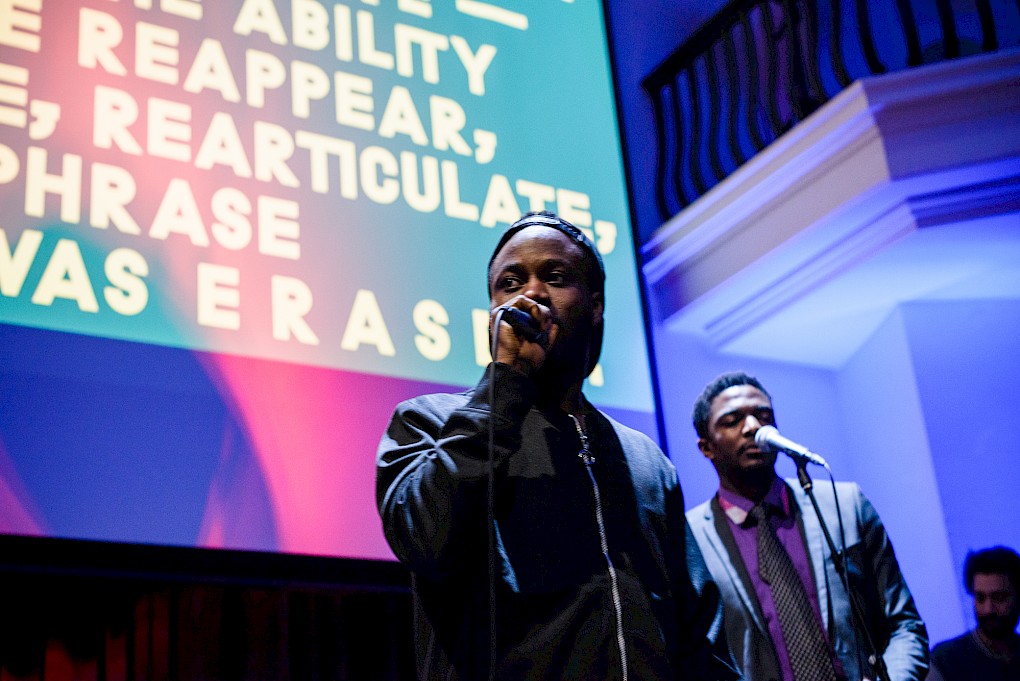
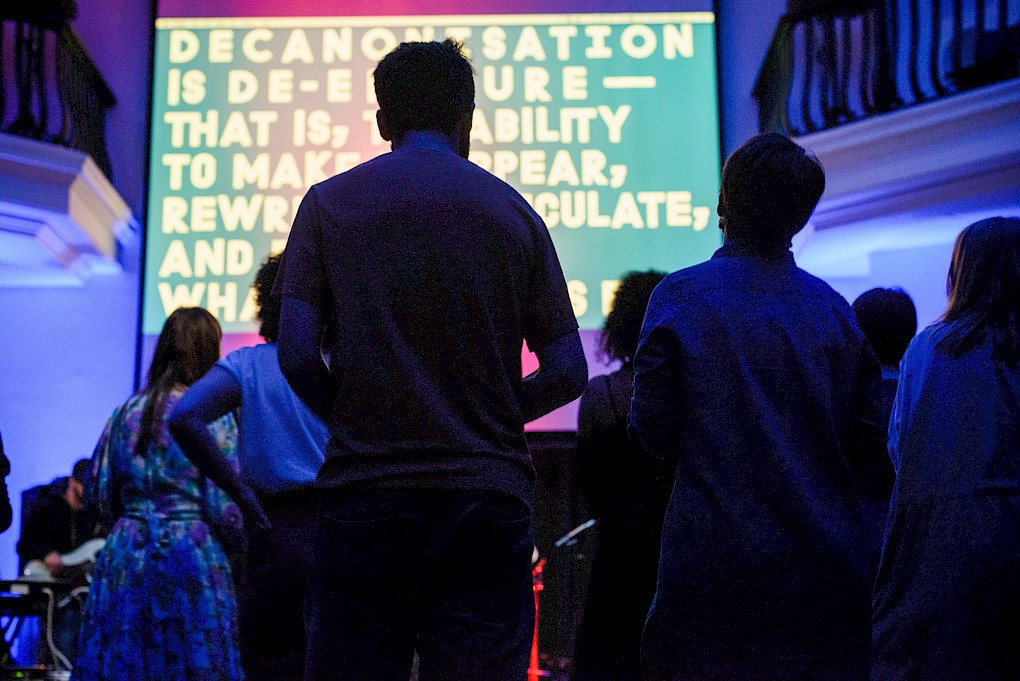
The events take place in the context of the Long Night of Ideas in cooperation with Auswärtiges Amt: www.menschenbewegen.jetzt

